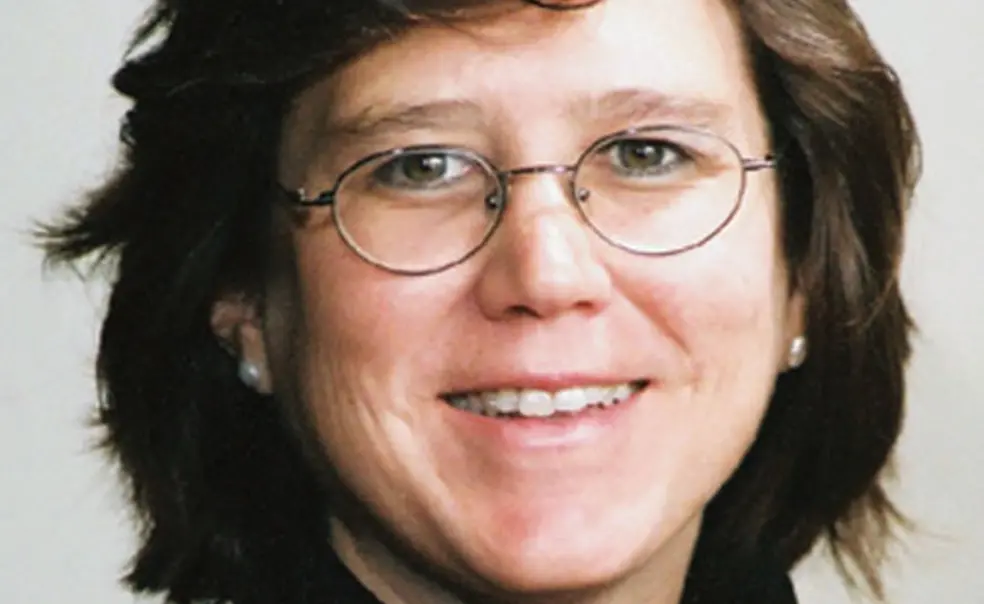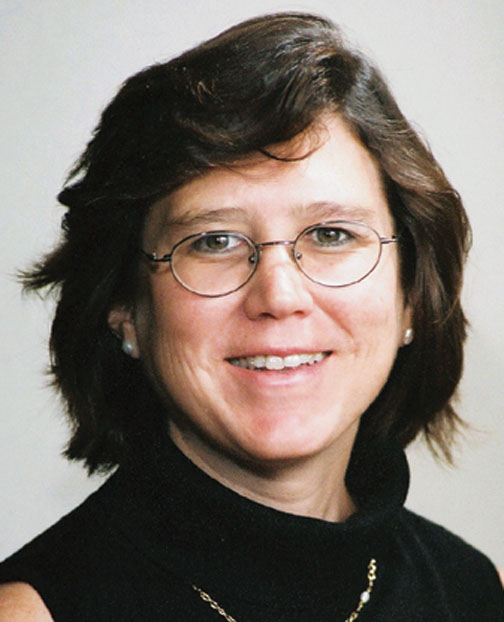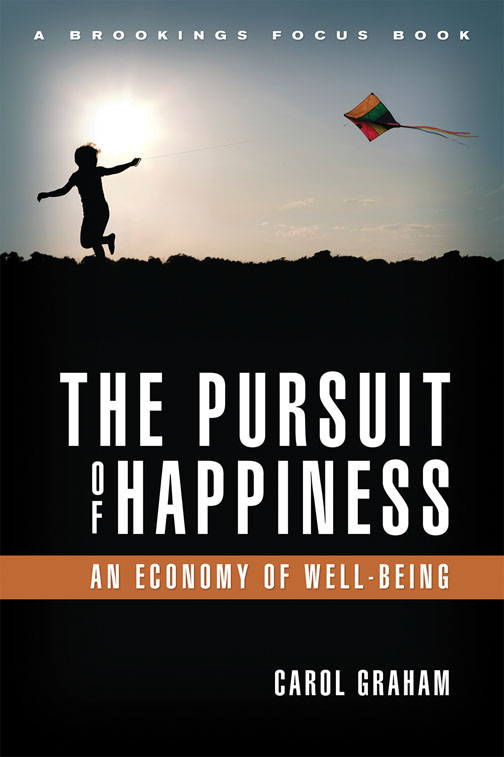About a decade ago, as economist Carol Graham ’84 took the plunge into studying a messy human emotion called happiness, worried colleagues warned her, “Nobody’s going to take you seriously.” After all, happiness can’t be quantified easily nor measured in dollars, and researching it means interacting with strange creatures called psychologists.
But things have changed. A senior fellow in foreign policy, global economy, and development at the Brookings Institution, Graham is renowned for her groundbreaking studies, which, she told PAW, have “become a new science. It’s amazing how fast it’s gone from the margins.” Her book, The Pursuit of Happiness: An Economy of Well-Being (Brookings) summarizes her investigations into “the economics of happiness” in countries as far-flung as Peru and Afghanistan. And she makes the case for injecting measures of happiness into the shaping of public policy.
At the heart of her research is a deep paradox that she calls “happy peasants and frustrated achievers.” Why do successful people complain of chronic unhappiness when the poor often don’t? Increased national wealth doesn’t necessarily make for happier citizens, Graham has learned: Nigerians are remarkably cheerful; Japanese, frequently miserable.
There’s more than money to the happiness equation, Graham is convinced, and she urges governments to think about societal progress in a new way by taking happiness into account.
While admitting that a measure of “gross national happiness” might be hard to come by, Graham thinks the way to start is by asking if “health, leisure, and friendships” don’t matter at least as much as productivity and long working hours. But this push for “happiness metrics” has troubled commentators on the right, Graham said, who don’t like the prospect of federal policies that emphasize touchy-feely emotions over the wholesale production of wealth. Attacks have come from the left, too, which often favors redistribution of wealth. Might that venerable model be threatened by policies that view happiness as something distinct from always having more money?
Happiness, Graham is finding, springs from the same roots the world over: marrying, finding a meaningful job, health, making enough money — but not too much. Constant misfortune causes less unhappiness than the roller-coaster ride of uncertainty: Americans’ average happiness plunged with the Dow in 2009.
Graham’s research and that of others in this field is beginning to influence policymakers internationally. British Prime Minister David Cameron lately called upon his government to officially measure happiness, an endeavor encouraged in France by the 2008 Sarkozy Commission. Meanwhile, Graham says the United States lags “way behind” in taking happiness seriously.
W. Barksdale Maynard ’88 has written two books on Princeton’s history.
Robert H. Frank’s The Darwin Economy: Liberty, Competition, and the Common Good
What she likes about it: “How he uses evolutionary biology (in plain English) to show how rational, competitive individual behavior can result in market inefficiencies that hurt the collective public interest.”














No responses yet